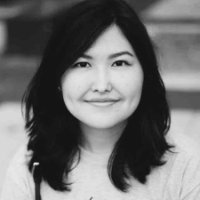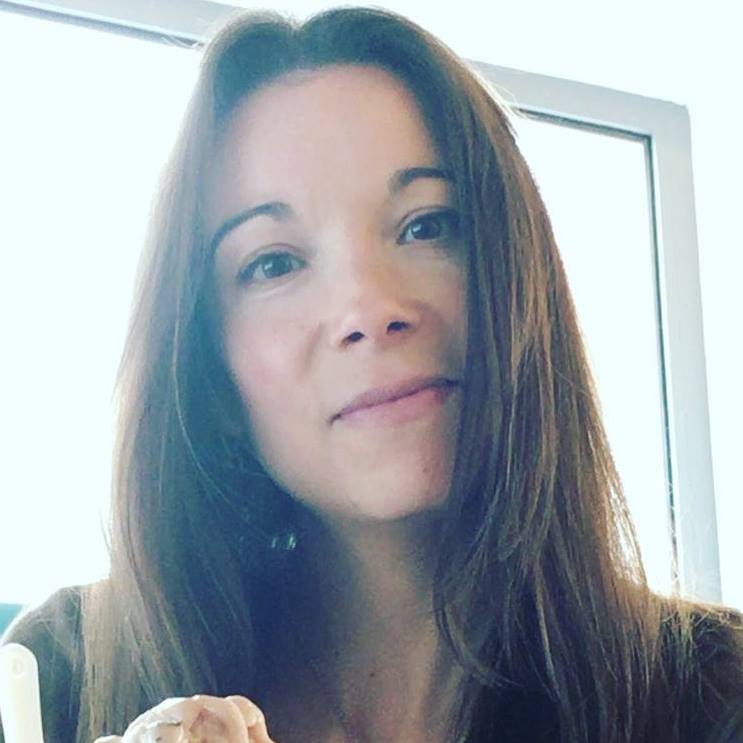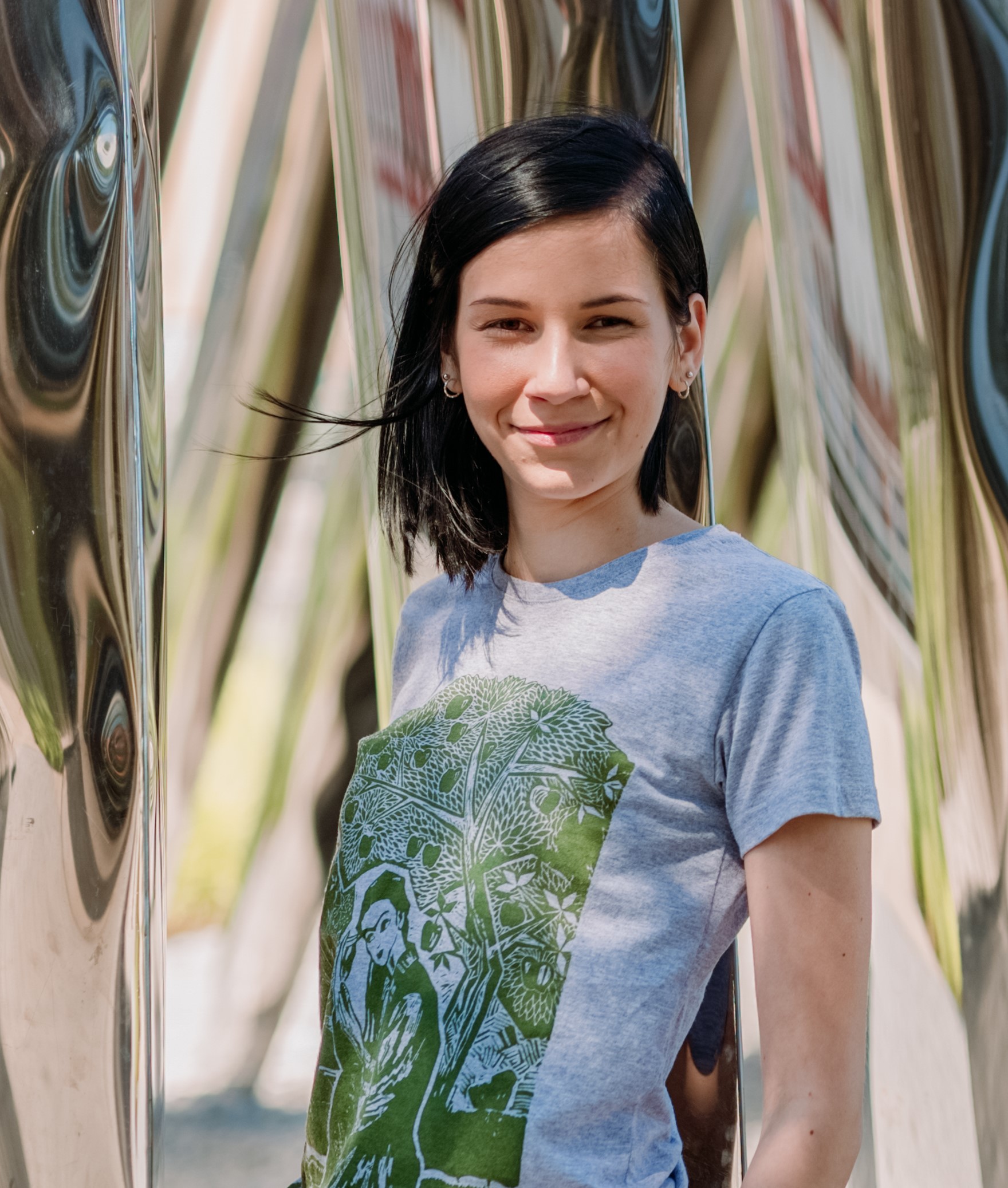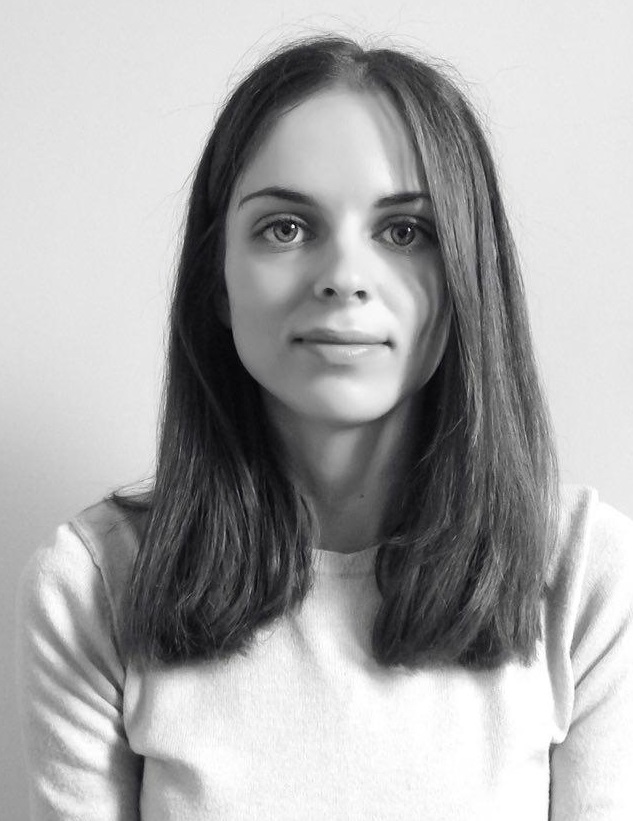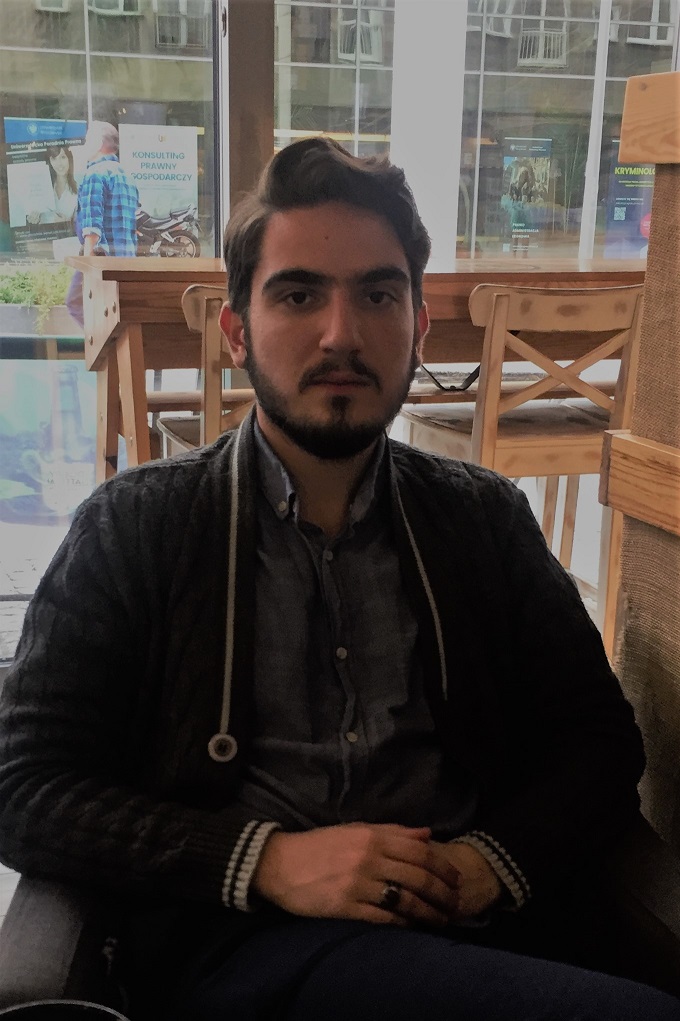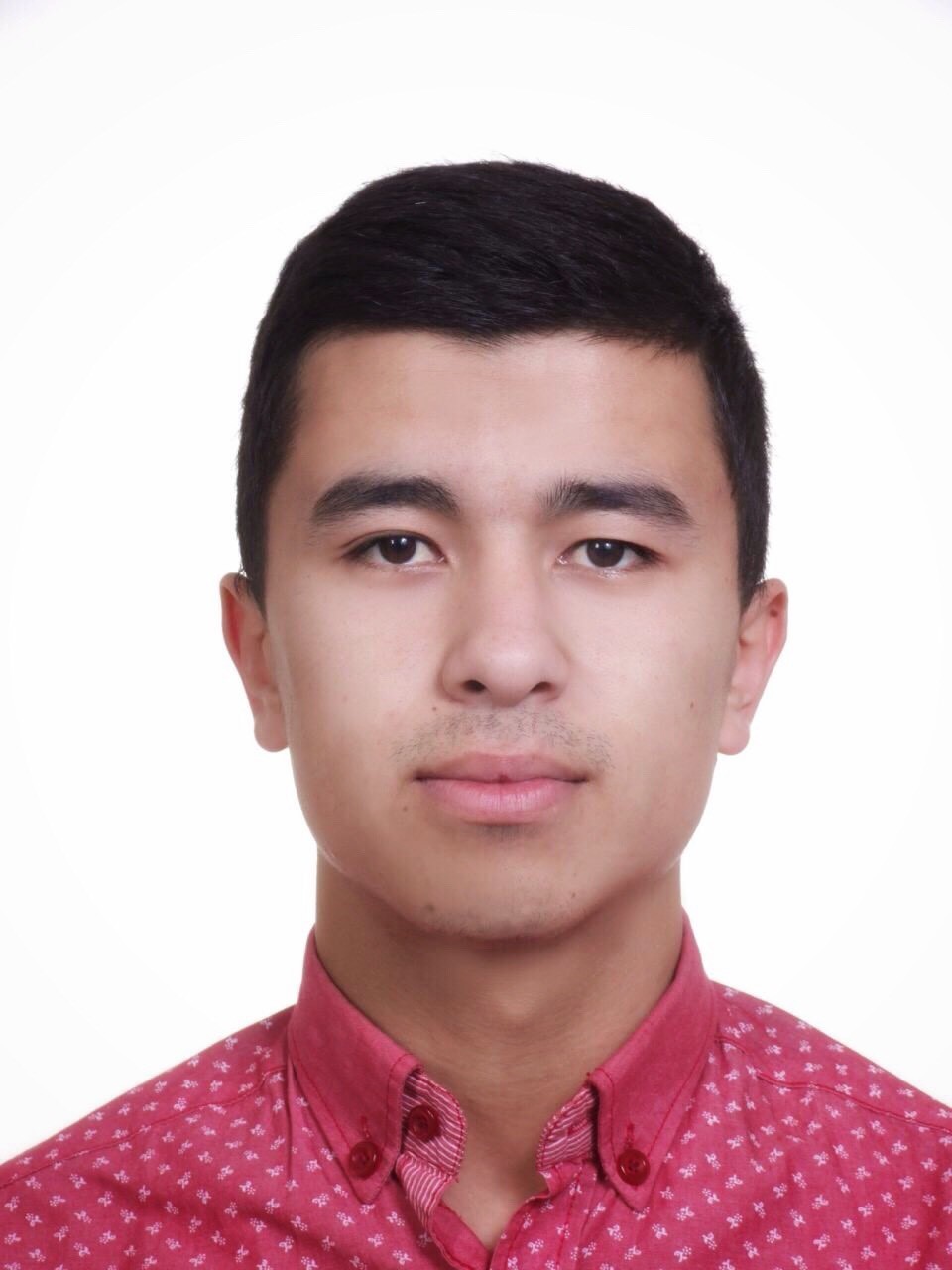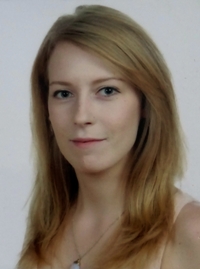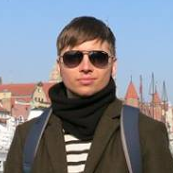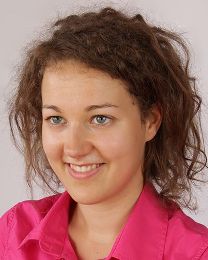 |
|
Hanna Kędzierska (Poland)
MA Empirical and Theoretical Linguistics
"There are at least a few reasons why I would recommend anyone considering ETHEL to give it a good chance. First, however obvious it may seem, the programme really is a great opportunity to further your knowledge about linguistics. Personally, I started knowing only the basics (and there were even areas, like computational linguistics or typology, I had barely heard about before that time) but, as the range of courses offered here is really wide, one can easily choose an area which interests them most (in my case, psycholinguistics). Then, and this is the second reason why I am really glad I have decided to participate in the programme, it is a perfect place to conduct your own scientific research, for instance, in order to write the MA thesis but sometimes also as part of other projects. This is primarily thanks to the extraordinary helpfulness of the instructors with whom one has contact all the time. Although (let us not kid ourselves) studying in a small group may occasionally have its drawbacks, I think this kind of individual approach is something rarely met and thus precious. Moreover, the programme is a great chance to meet people (both students and instructors) from all over the world, and learning something about languages whose existence one has not even expected. For instance, last term, we had visiting instructors who dealt with such exotic languages as Kwa or Daakie which was particularly interesting because one could find out more about the specificity of the field work the researches had done. What I enjoyed most, however, were the classes devoted to reading about (and finally designing ones' own) experimental research, mostly focused on speech production and processing. I find fascinating how, with the aid of various psycholinguistic methods, from the relatively simple (e.g. priming) to the more advanced ones (e.g. ERP), it is possible to investigate the factors which affect language processing and find out about the, sometimes very surprising, differences between, for instance, kids and adults, or first and second language users."
|
